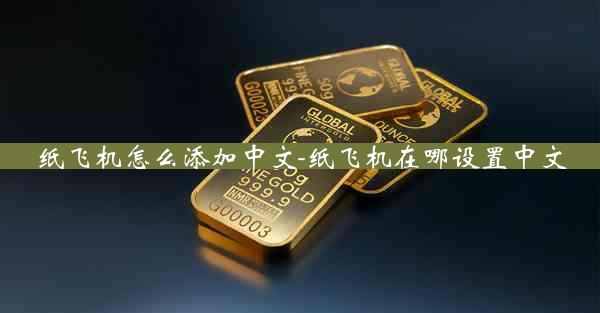
Television, often abbreviated as TV, is a widely-used electronic device that receives and displays visual images and audio content. It has become an integral part of modern life, offering entertainment, news, educational programs, and more. The term television itself is derived from the Greek words tele (meaning distant) and vision (meaning to see), reflecting its original purpose of bringing distant images into the viewer's home.
History of Television
The history of television dates back to the late 19th century when inventors like Philo Farnsworth and John Logie Baird were working on the concept. The first public demonstration of a working television system took place in 1927, and the first commercial television broadcast occurred in 1939. Since then, television technology has evolved significantly, leading to the digital age and high-definition (HD) television.
Types of Televisions
There are various types of televisions available in the market, each with its own unique features and advantages. Some common types include:
- LED TVs: Known for their energy efficiency and slim design, LED televisions are popular for their vibrant colors and wide viewing angles.
- QLED TVs: Offering even better color accuracy and brightness than LED TVs, QLED stands for Quantum Dot LED.
- OLED TVs: These televisions use organic light-emitting diodes to produce images, resulting in deep black levels and high contrast ratios.
- 4K TVs: With four times the resolution of standard HD televisions, 4K TVs provide a more detailed and immersive viewing experience.
- Smart TVs: Equipped with internet connectivity, smart TVs allow users to access streaming services, apps, and online content directly from the television.
How Television Works
The basic principle of television involves capturing images and converting them into electrical signals. These signals are then transmitted through the air or via cable to the viewer's television. The television receiver converts the electrical signals back into images and audio, which are displayed on the screen. The process of capturing and transmitting images is known as broadcasting.
Impact of Television on Society
Television has had a profound impact on society, influencing culture, politics, and social norms. It has become a primary source of news and information, shaping public opinion and awareness. Additionally, television has played a significant role in the entertainment industry, providing a platform for movies, series, and reality shows that have captivated audiences worldwide.
Television and Education
Television has also been a valuable educational tool. Educational programs, documentaries, and instructional content have been broadcasted to inform and educate viewers of all ages. From children's educational shows to adult learning programs, television has contributed to the dissemination of knowledge and the pursuit of lifelong learning.
Challenges and Concerns
Despite its numerous benefits, television also faces challenges and concerns. Issues such as excessive screen time, the impact on physical health, and the potential for exposure to inappropriate content are areas of concern. There is also a growing debate about the influence of television on mental health, particularly among younger viewers.
Future of Television
The future of television is likely to be shaped by advancements in technology and changing consumer preferences. With the rise of streaming services and the increasing popularity of mobile devices, traditional television viewing habits are evolving. The integration of virtual reality (VR) and augmented reality (AR) into television is also a possibility, offering new ways for viewers to engage with content.
Conclusion
Television, with its rich history and evolving technology, continues to be a significant part of our lives. From its early days as a novelty to its current status as a staple in homes around the world, television has proven to be a versatile and influential medium. As technology continues to advance, the future of television holds exciting possibilities for both viewers and content creators alike.






















